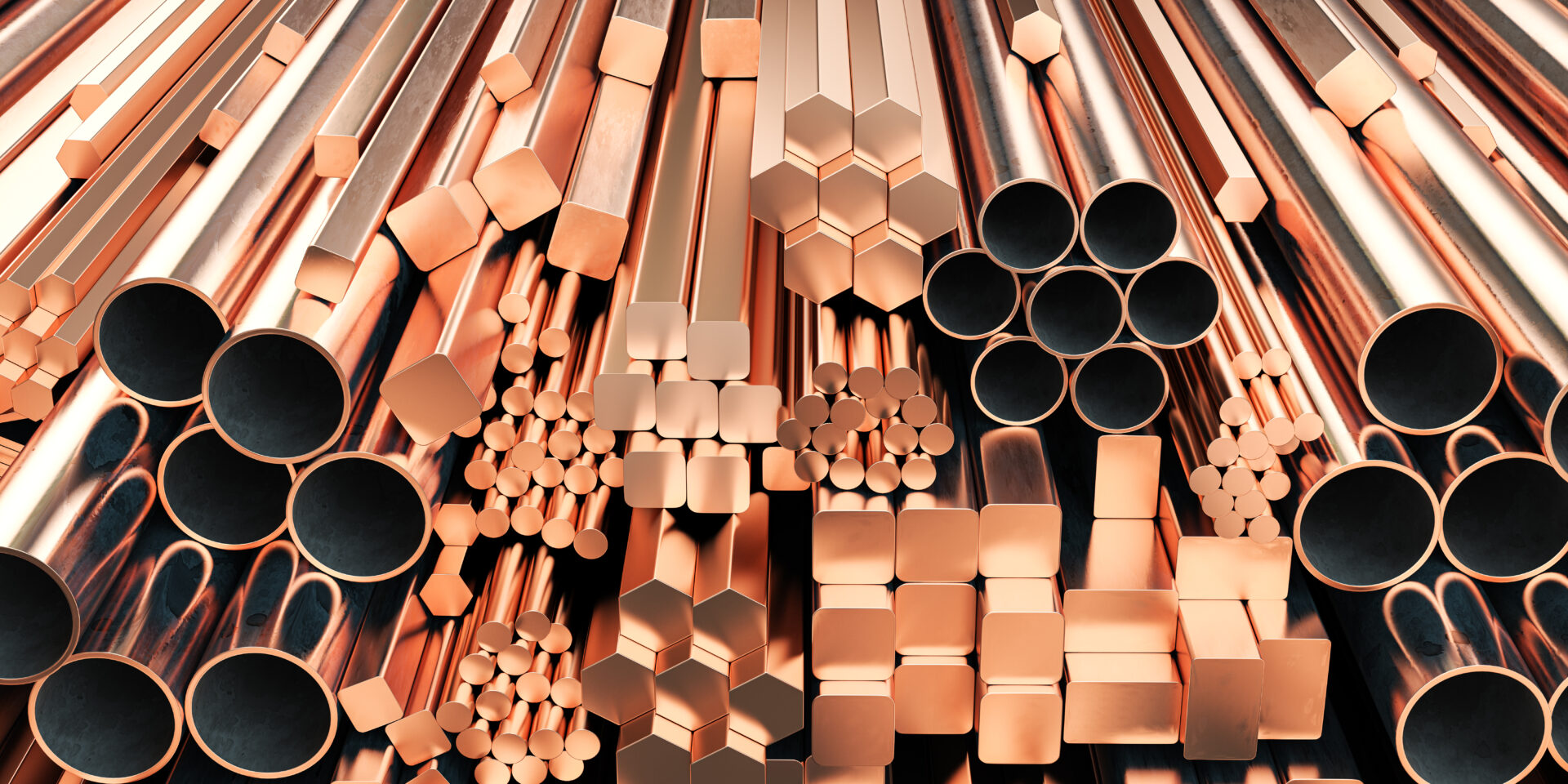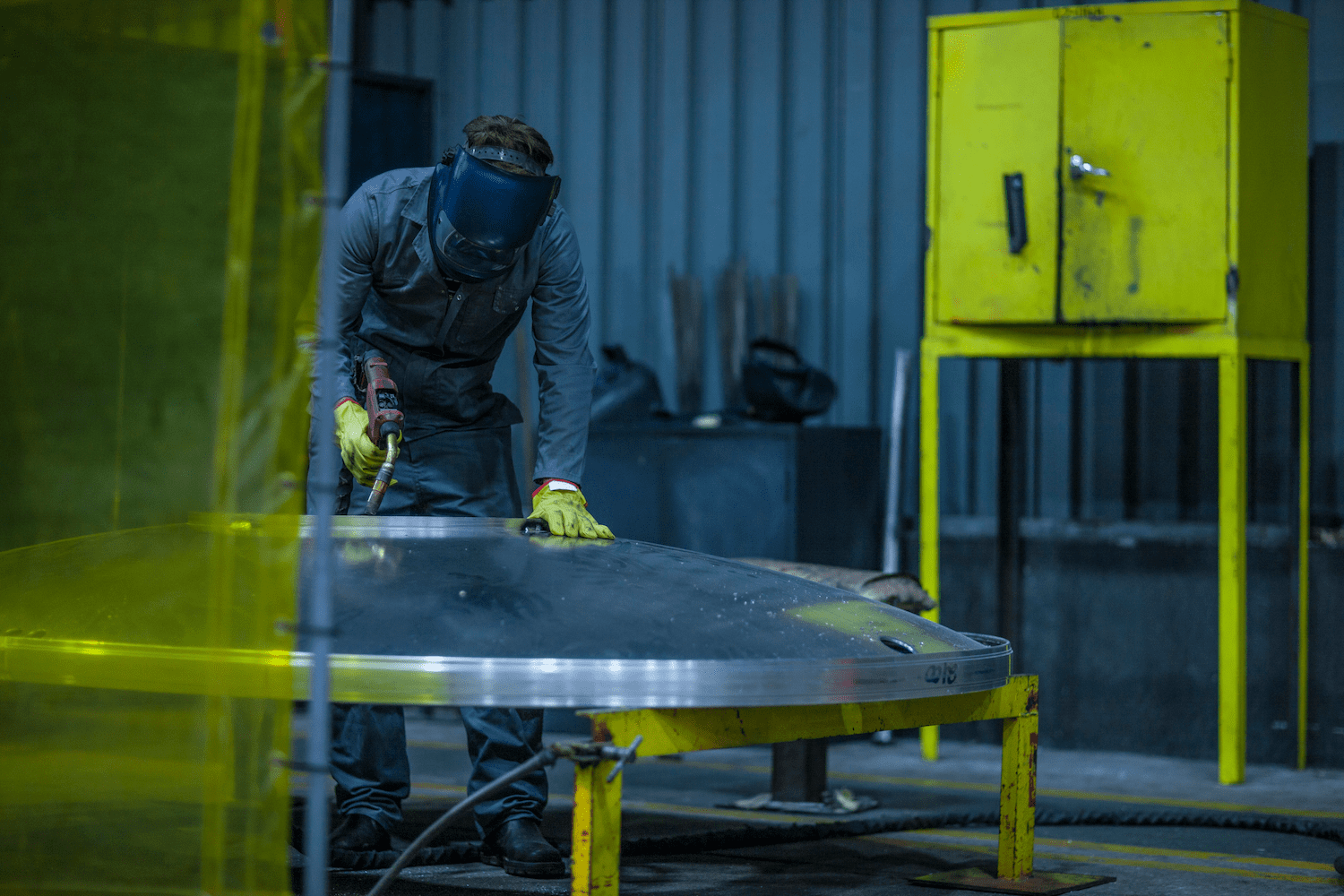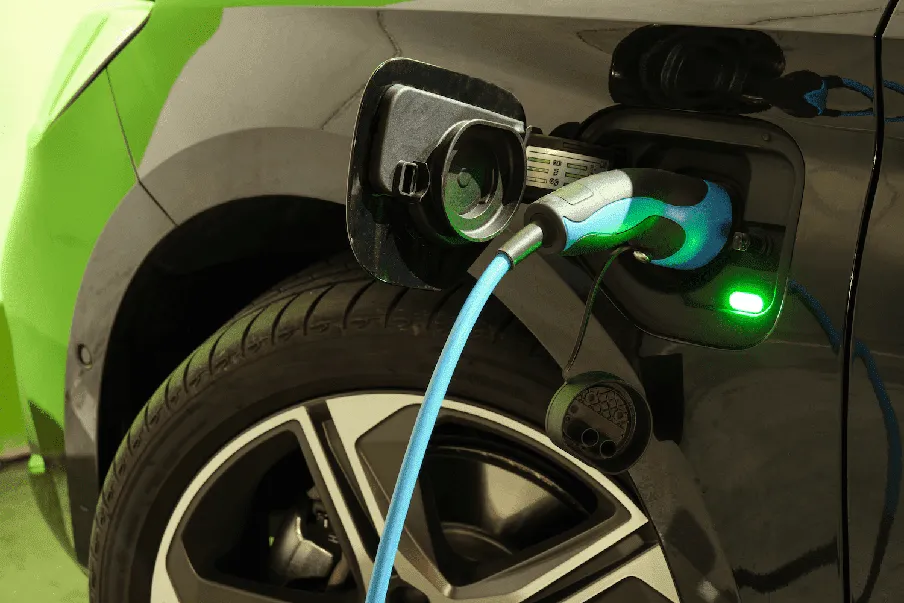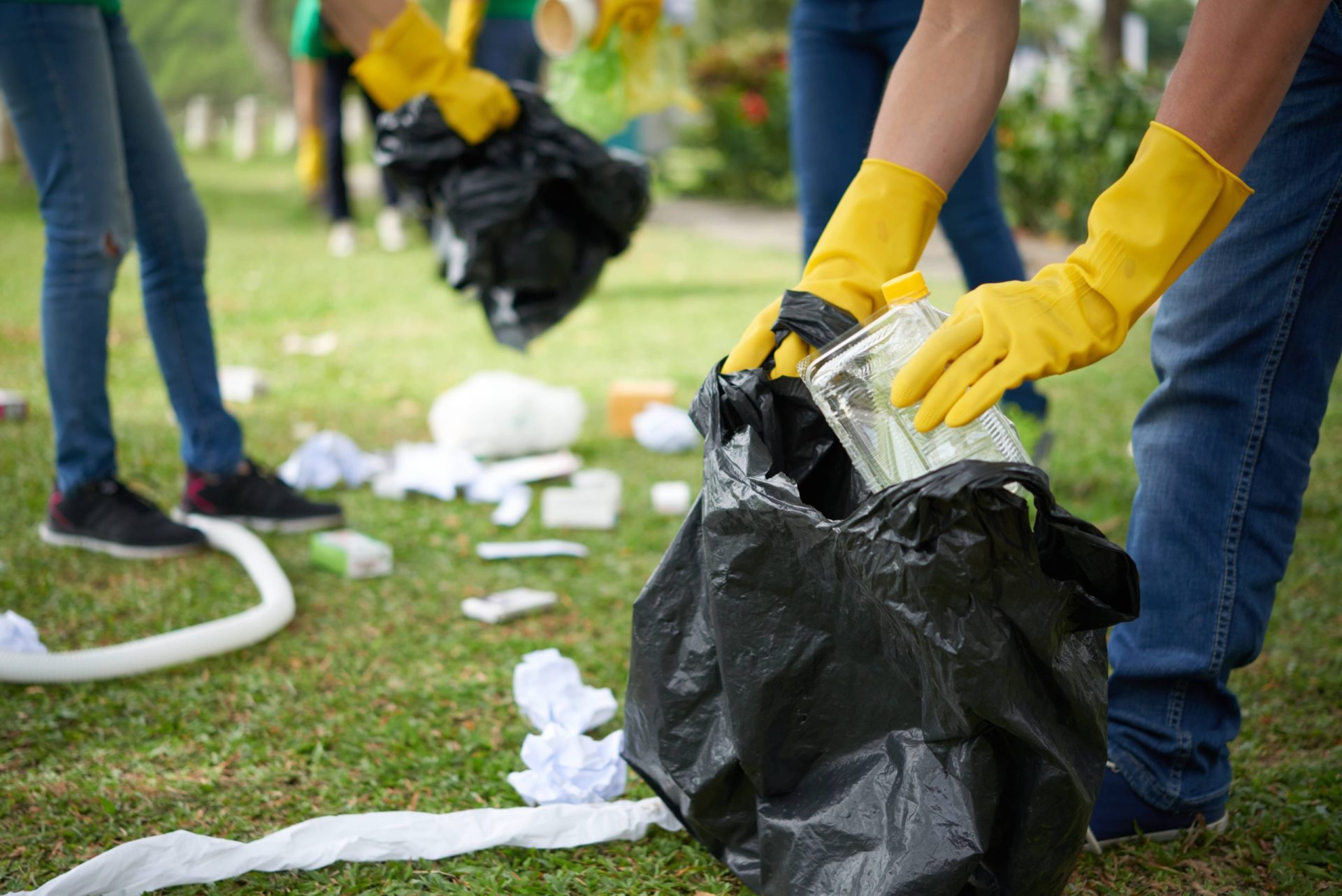
Here’s how to collect scrap metal safely for recycling.
Collecting scrap metal is a way to turn used items into cash, and the recycling of scrap metal has become a booming business.
However, if you decide to start collecting these items, keep in mind that it’s important to do it safely.
Because metal objects can have sharp points, jagged edges, and can collect rust that can get into cuts on the skin, or cause an infection.
Yet, you shouldn’t let that discourage you from collecting scrap metal. Just keep in mind that there are ways to do it safely.
How can I get extra Cash by collecting scrap metal?
First of all, earning extra cash by collecting scrap metal and bringing it to the local scrapyard is something anybody can do. Just follow some helpful tips along the way.
Especially relevant is the need to have something that can be used to collect metal in. It can be as large as your truck, or as small as some cardboard boxes. A barrel is a fine option.
Another convenient tool used by scrappers is a magnet. If you want to know if the scrap metal you find is worth money, use a magnet – even a decorative one you pull off your refrigerator. Stick the magnet to the scrap metal you have, and if it sticks, the material is steel.
Because that will have less value than if the magnet doesn’t stick. This is how you distinguish ferrous from nonferrous metals.
Finally, non-Ferrous ones are the most valuable scrap metals. They are not magnetic and typical examples include copper, brass, aluminum and stainless steel.
Common forms include:
- Aluminum – Used in window frames, roofs, boats, cars and trucks, bicycles and motorbikes.
- Brass – Found commonly in valves, pipefittings, bullet casings, faucets, doorknobs, and light fixtures.
- Copper – Copper pipe, wires, circuits, switches, and electromagnets are common forms of copper, along with pieces found in refrigeration units, air conditioners, and water supply systems.
- Stainless Steel – This is common in appliances and kitchenware.
Ferrous scraps are magnetic, are usually made of steel or iron, and are among the least valuable scrap metals. Anything made of steel — appliances, lawnmowers, or cars – is a good example. You could scrap an entire vehicle if you wanted to.
Where can I find unwanted scrap metal?
Where can you start your search for scrap metal? Literally, anywhere in your neighborhood.
Virtually everyone who lives in your neighborhood is likely to have used scrap metal they no longer want. Who hasn’t opted to get rid of their aging appliances over time?
Likewise, who hasn’t tossed out parts of their car engine after they break down and need to be replaced?
Scrap consists of materials that have been discarded from a variety of sources, including vehicles, building supplies, and surplus materials from product manufacturing. Scrap, both as recovered metals and non-metallic metals, has monetary value.
Scrap can be easy to find, because people often just throw it away. They may not be aware of the value it has, even if they’re dealing with a discarded auto part that isn’t working any longer.
As you start your search, you can point out to people that you’re doing them a favor, taking these items off their hands.
And it’s also possible to find scrap metal at office buildings or demolition sites. Find out who is in charge there, such as the manager, and find out if they’re willing to let you take their unwanted scrap.
Finally, other sites include auto repair shops and plumbing businesses.
Some people also advertise on websites like Craigslist that they want to get rid of old scrap and it’s available to the first takers.
What are some safety tips for scrap metal recycling?
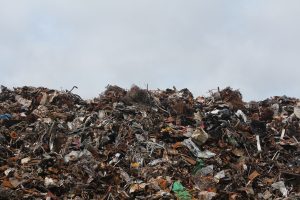
Before you start collecting scrap, make sure you understand the risks involved, and the need to collect these items in a responsible manner.
You should set up a safe and reliable operation first. Jot down a list of protective equipment you’ll want to have with you before you begin this journey. It should include:
- Safety glasses
- Gloves
- A reflective vest
- Safety shoes
- A basic first aid kit readily available.
- Welding mask
Collectors should keep in mind that there is always the potential for harmful substances to be stored in scrap. That can include gasoline still inside old vehicles, refrigerants in aging air conditioning systems, or even some potentially toxic materials.
In addition, the Occupational Safety and Health Administration has reported that injuries associated with the scrap metal recycling industry have included lead or cadmium poisoning and respiratory problems from inhaling toxic agents. The most common types of injuries have been sprains and strains, heat burns, and cuts, lacerations, and punctures.
So that’s why the more safety gear you have, from gloves to a mask, the safer you will be. Don’t rely on your bare hands – bring additional equipment, such as a hand truck or dolly, hammers, screwdrivers, wire cutters, drills and pliers with you.
And if you have a pickup truck, consider also bringing tie down straps to secure the load. Consider putting each type of metal in its own container.
How to Collect Scrap Metal Safely
In conclusion, just as products age and outlive their current usefulness, consumers and businesses will always be looking to discard the old and get something brand new. That doesn’t mean those products have no value beyond their old use. They can be recycled – and reused.
Most of all, while there are plenty of opportunities to find scrap and sell it for cash, remember to do it safely. Simple, common sense precautions, like wearing gloves and protective gear and being aware of the potential for chemicals to be inside the scrap, can make your scrap metal collecting a safe and profitable adventure.
Finally, contact GLE Scrap Metal today to learn more about recycling your used scrap. As a full-service, all-in-one recycling company based throughout the U.S., GLE supplies domestic mills and global end-users with wide ranges of raw commodities to be transformed into new product. They ensure that all excess materials gets used and won’t go to waste.
GLE Scrap Metal also performs environmentally-friendly processing and recycling of all base and precious metals. This family owned and operated company maintains a zero-landfill policy for metals that are brought in for recycling, in order to efficiently utilize natural resources and help conserve energy.
Call GLE Scrap Metal today at 855-727-2788 to learn more and to request a quote.

